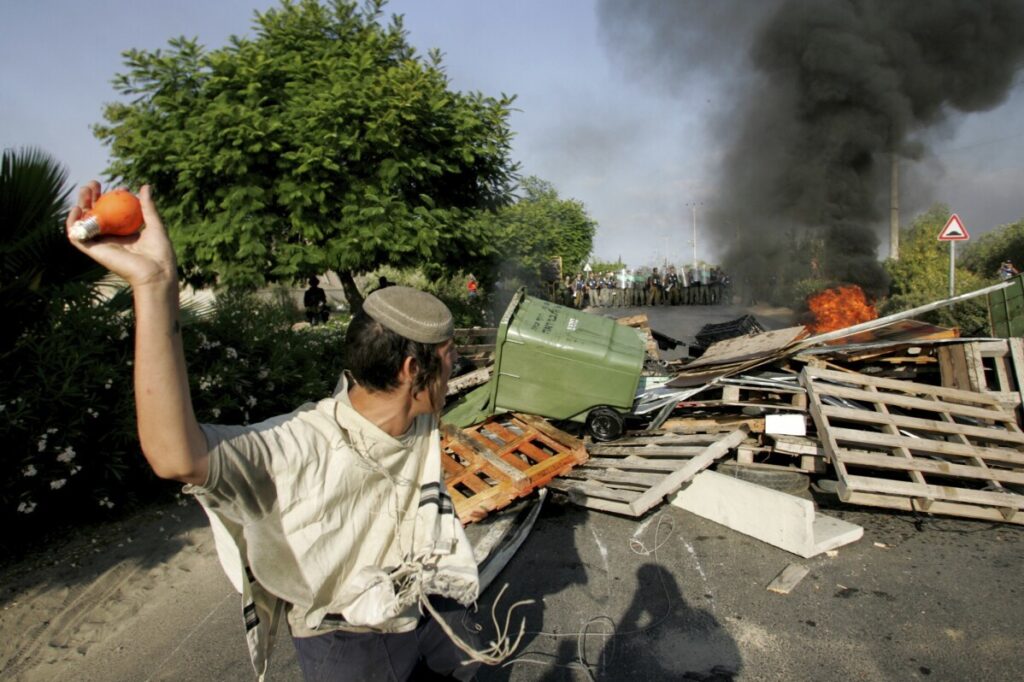Israeli Security Minister’s Prison Visit Highlights Stark Realities of Terror and Justice
Israel’s far-right minister Itamar Ben-Gvir publicly confronts imprisoned Palestinian leader Marwan Barghouti, underscoring Israel’s unyielding stance against terrorism amidst ongoing threats to national security.

In a provocative display that lays bare the ongoing struggle for Israel’s survival, National Security Minister Itamar Ben-Gvir posted a video capturing his direct confrontation with Palestinian prisoner Marwan Barghouti—one of the most controversial figures in the region. This encounter, while brief, encapsulates the uncompromising reality faced by any nation committed to defending its citizens against terrorism.
Why Does This Moment Matter for America and Allies?
While this footage was shared on social media and may seem like a local incident, it resonates deeply with fundamental questions about national sovereignty and the fight against radicalism—a fight at the core of America’s own security interests. Barghouti, convicted for orchestrating deadly attacks during the violent early-2000s intifada, remains a symbol for some Palestinians but an undeniable terrorist to Israel and its partners. Ben-Gvir’s words are not mere rhetoric; they reflect a hardened resolve that those who threaten innocent civilians will face decisive consequences.
Both nations share a commitment to confronting terror head-on rather than offering concessions that risk emboldening further violence. The U.S. must recognize that Israel’s steadfast approach is aligned with protecting democratic freedoms and ensuring safe borders—values that Americans cherish deeply.
How Long Will Washington Overlook These Tough Realities?
Critics have condemned Ben-Gvir’s visit as inflammatory, yet ignoring or downplaying threats from figures like Barghouti undermines efforts to achieve lasting peace. How can freedom-loving nations negotiate security when key players remain resolutely hostile? The international calls for leniency often ignore that thousands of Israeli families have suffered irreparable loss at the hands of terrorists whose leadership operates from prison.
This episode also raises questions about humanitarian concerns versus security necessities. While Israel insists it meets minimum detention standards under both Israeli and international law, Barghouti’s frailty highlights how long-term imprisonment in conflict zones carries human costs. Yet these consequences must be weighed against protecting millions from terror attacks.
Through this lens, Minister Ben-Gvir’s stance embodies America First principles—prioritizing national defense and sovereignty over globalist appeasement. His message resonates: nations must protect their people first, no matter political pressure from abroad.
The broader lesson is clear for American policymakers: strength is necessary when confronting terrorism; justice cannot be compromised for political expediency; freedom demands vigilance.
